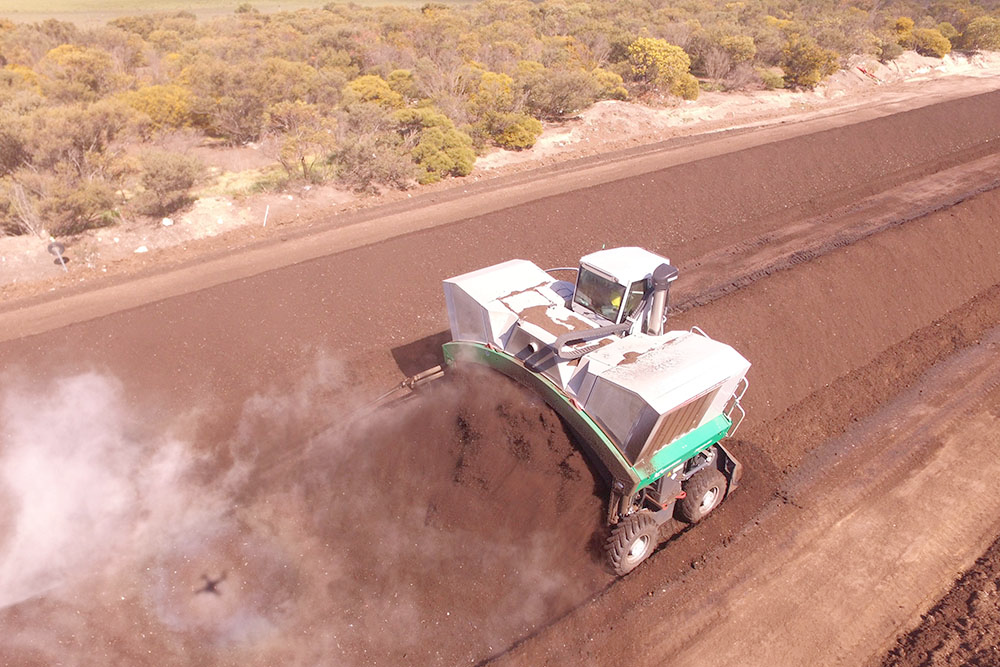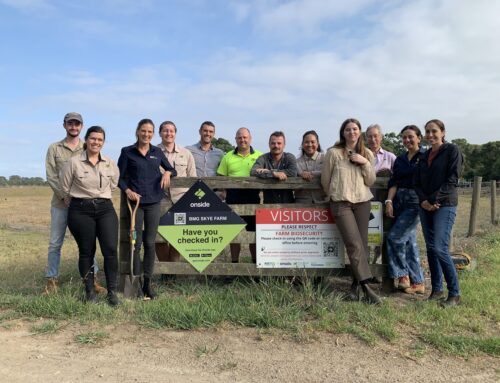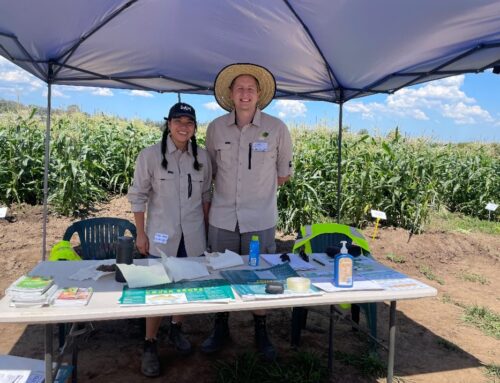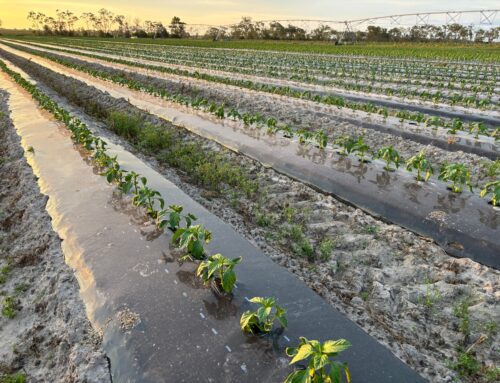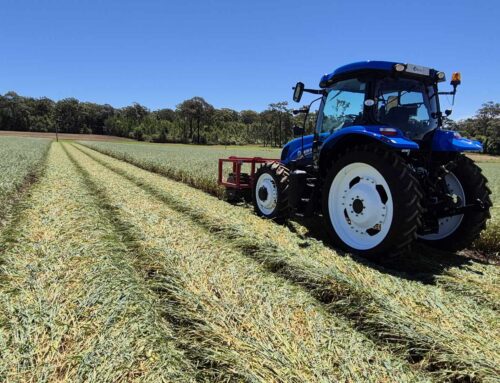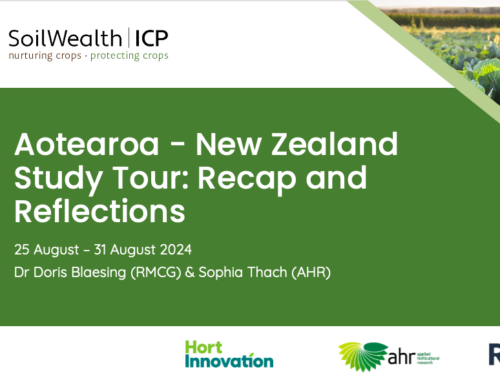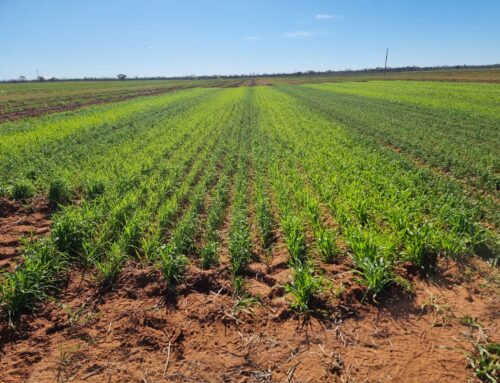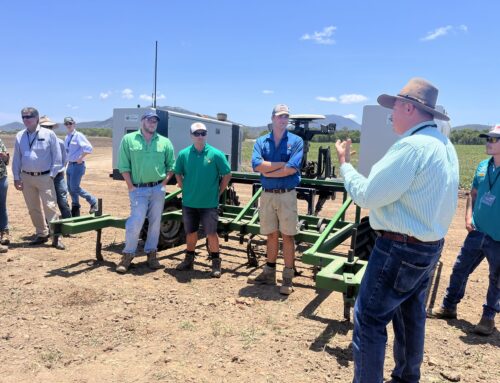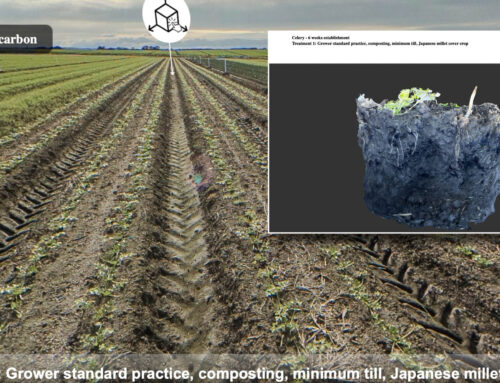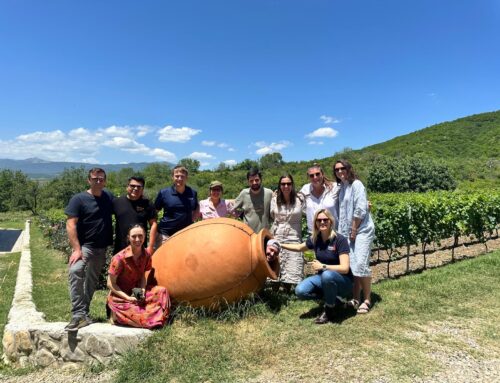It’s rare to come across someone who is as passionate about soil health as Peter Wadewitz.
The founder and Managing Director of Peats Soil & Garden Supplies has dedicated the last 45 years to supplying compost, mulches and recycled organic resources to the horticulture, landscape and garden supplies industries in South Australia and interstate. The business operates on four sites across South Australia and recently expanded its presence to Darwin, South Africa and Qatar.
For Peter, it all starts with talking to growers about healthy soils, building organic matter and strengthening soil structure to produce a better crop.
“I think we’ve overused fertilisers and chemicals for so long and let the quality of the soil run down, which is probably why we don’t get as many good results due to poor and unhealthy growing practices,” he explains.
“If nature can’t break down a product, we should be questioning whether we use that product in the first place.”
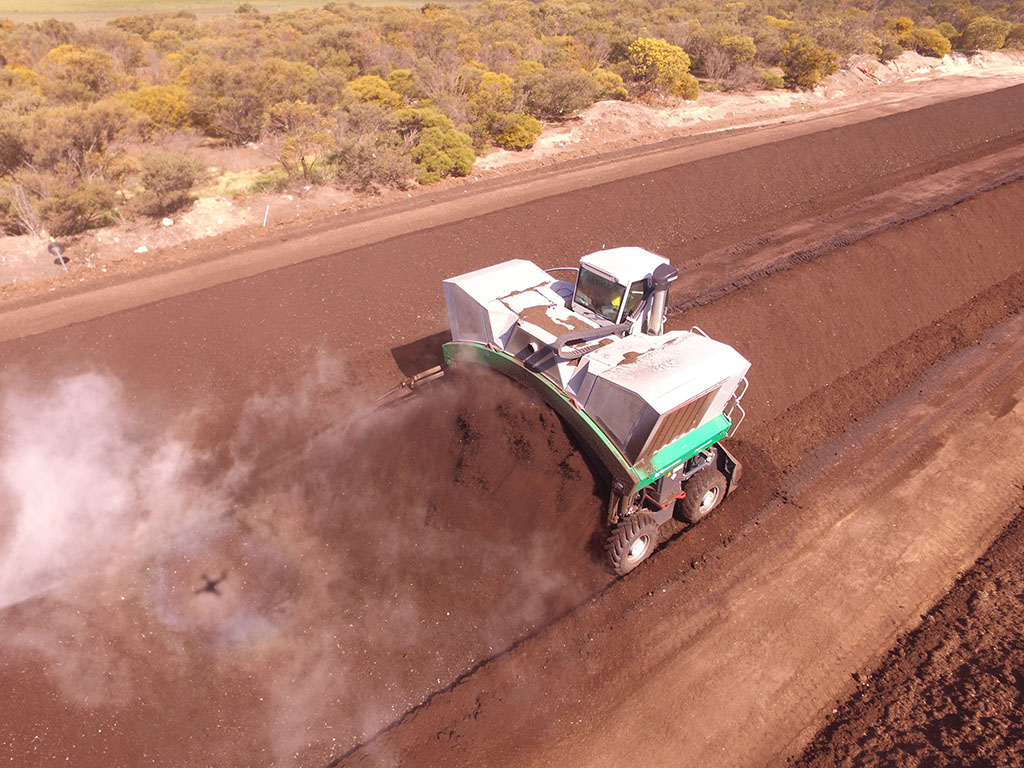
While many growers are becoming increasingly aware of the role that soil health plays in a productive and sustainable vegetable growing operation, Peter says it is a topic that must be continually discussed and supported by the wider industry.
“I’ve spoken to growers who have no idea about organic matter or cation exchange capacity and what it does to the soil. A lot of the issues that growers are dealing with could potentially be overcome with a good healthy soil that produces a stronger, healthier plant.
“Some of the results we are getting are just unbelievable. We did a trial in Virginia with Soil Wealth ICP team member Doris Blaesing and the differences we saw in the colour of the broccoli was incredible, just from being grown in good healthy soils.”
Continual improvement
Peats is conducting a range of trials to improve product performance and the impact on vegetable and potato production. This includes investigating the effect of adding biochar, as well as granulating and pelletising products and blending them with organically certified resources, which could potentially help growers achieve carbon credits.
“The bottom line of these trials is to grow a healthier plant with a bigger root system, that builds more carbon in the soil, that grows a bigger top, that sucks more carbon dioxide out of the atmosphere and stores more carbon in the soil. That’s your circular economy, but we have a long way to go to get that right,” Peter says.
“Our products aim to prime the soil to start the circular economy and get a healthy soil moving. It’s what nature has been doing for millions of years.
“We should also be mindful that we push products that come in the gate up the value chain. If we redirect organic waste from landfill to agriculture, take 50% less inputs through the farm gate and have a better quality product, we’d be far better off.”
For growers, Peter has one simple piece of advice when it comes to boosting soil health.
“Whether it’s compost, mulch, biochar, green cropping – adding one tonne is better than nothing, and consistently adding it is the key.
“You need to feed your soil – don’t ever stop doing it because it’s a living thing. If you keep taking from it and don’t put anything back, you’ll have a very poor, unhealthy soil and product.”
Further support and reading
You can find out more about organic amendments in vegetable production through our global scan and review and excellent compost fact sheet. Keep up to date with the findings and latest news from our Richmond TAS demonstration site examining the costs and benefits of organic soil amendments on babyleaf crop yield and quality.
Click here to join the Partnership Network.

